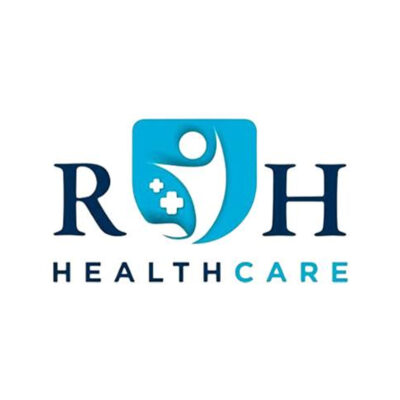In the healthcare industry, proper hand care is a cornerstone of hygiene and safety, especially for surgeons and healthcare workers. Their hands are essential tools in patient care, making it critical to maintain hand hygiene to protect both the workers and their patients. This detailed exploration will highlight the significance of hand care and the use of various gloves, such as surgical hand gloves, examination hand gloves, non-sterile surgical hand gloves, and sterile surgical hand gloves.

The Significance of Hand Care
Hands are the most common mode of transmitting infections in healthcare settings. For surgeons and healthcare workers, who frequently come into contact with bodily fluids, tissues, and contaminated surfaces, maintaining proper hand hygiene is essential. Hand care involves regular washing with soap and water, using hand sanitizers, and moisturizing to prevent skin damage. These practices are vital for reducing the risk of spreading infections.
Surgical Hand Gloves: Critical in Infection Control
Surgical hand gloves play a crucial role in protecting both patients and healthcare workers. These gloves act as a physical barrier, preventing the transfer of infectious agents during medical procedures. There are two main categories of surgical gloves:
- Sterile Surgical Hand Gloves: These gloves are meticulously sterilized to eliminate all microbes. They are used during surgeries and invasive procedures to ensure that no germs are introduced into the sterile surgical environment. The sterility of these gloves is paramount in preventing post-operative infections, which can have severe consequences for patient health.
- Non-Sterile Surgical Hand Gloves: While not sterile, these gloves still provide essential protection in non-surgical settings. They are commonly used during patient examinations, wound dressings, and minor procedures where the risk of infection is lower. Non-sterile gloves are an economical choice for these less critical tasks but still play a vital role in infection prevention.
Examination Hand Gloves: Everyday Protection
Examination hand gloves are used by healthcare workers during routine exams and procedures. These gloves protect against cross-contamination between patients and healthcare workers. Examination gloves are usually non-sterile but are still effective in preventing the spread of infections. They come in various materials:
- Latex Gloves: Known for their comfort and flexibility, latex gloves are widely used. However, some individuals are allergic to latex, necessitating alternatives.
- Nitrile Gloves: These gloves are more resistant to chemicals and punctures compared to latex. They are a preferred choice for those with latex allergies and offer excellent durability.
- Vinyl Gloves: Although less durable, vinyl gloves are cost-effective and suitable for low-risk procedures.
Proper Glove Usage
Using gloves properly is as crucial as choosing the right type of gloves. Healthcare workers must wash their hands thoroughly before donning gloves and after removing them. This practice ensures that any germs present on the hands do not compromise the gloves’ protective barrier and that any contaminants on the gloves are not transferred to other surfaces or individuals.
It’s also important to use gloves appropriately. For example, sterile gloves should only be used in sterile environments to prevent contamination. Non-sterile gloves should not be reused and should be disposed of properly after a single use.
R H Healthcare: Quality Hand Care Products
R H Healthcare is committed to providing high-quality hand care solutions, including surgical hand gloves, examination hand gloves, non-sterile surgical hand gloves, and sterile surgical hand gloves. Our products are designed to meet the highest safety standards, ensuring that healthcare professionals can perform their duties effectively and safely.
Conclusion: A Pillar of Healthcare Safety
Hand care is an indispensable aspect of healthcare that protects both patients and healthcare professionals. By adhering to stringent hand hygiene practices and using the appropriate gloves, the risk of infection transmission can be significantly reduced. Whether it’s during complex surgeries or routine check-ups, the right-hand care protocols and products, such as those provided by R H Healthcare, are essential for maintaining a safe healthcare environment. Proper hand care not only enhances the safety and effectiveness of medical care but also instills confidence in both healthcare workers and patients, contributing to better overall health outcomes.
